With money finally flowing to projects, the next year will be a critical time to lay the foundations for beating cancer, adapting to climate change, saving the oceans and protecting soils
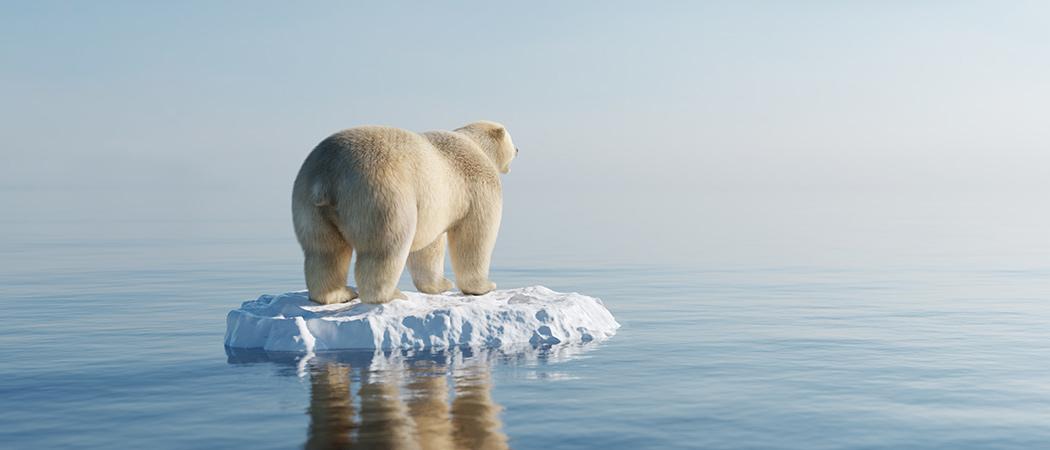
The year ahead will put the EU’s newest research endeavour, the Horizon Europe missions, to the test. After launching in 2021, they will reach full steam this year, setting the course for the coming decade as they aim to beat cancer, save the world’s oceans and soils, and lead cities to climate neutrality and adaptation.
The €1.9 billion two-year plan for the missions saw the light of day last autumn, with the European Commission launching the first calls in the last weeks of 2021.
In 2022, the pace will pick up, as the Commission and researchers get together to figure out how to deliver the five ambitions.
“I think that 2022 has to be used in order to finalise the preparation and the launch of the first phases of the missions. Hopefully, we’ll not spend the entire year just preparing. I hope 2022 will also mark the first steps forward towards achieving these ambitious goals,” said Mathilde Reumaux, senior policy officer at Science Europe, which represents public funding agencies.
Reumaux said there are signs the French presidency is eager to work on finding and finalising a common approach to the missions as it embarks on its six-month stint heading the council of member states.
The missions represent a new approach to running research projects, setting the desired outcomes, and putting in grant funding with the aim of mobilising public and private action to work on the many strands of research and translation needed to meet the broad brush objectives. The five missions have initial budgets of at least €320 million, but this will not be enough to make major headway.
Stephane Berghmans, director for research and innovation at the European University Association, says he is not expecting material progress in 2022. “But if success is getting stakeholders involved, member states involved, we’re hoping this will happen in 2022,” he said.
The research world’s expectations are in line with the Commission research chief Jean Eric Paquet’s view that 2022 will be a year of co-creation ahead of the 2023 check point for the missions. “It will be important in two years’ time to really try to show that we have already been able to start doing it differently, with potentially more impact,” Paquet told Science|Business in October. “But I think what we will be able to show in 2023, and what I think is the essence in the missions, is where we will have found the champions to deliver on the missions across EU member states.”
Beyond research
Given this, the big task for this year is to get member states and other stakeholders on board, because although they are rooted in Horizon Europe, the success of the missions will depend on the ability to mobilise action across EU and national programmes.
Horizon Europe will fund initial research to pump prime projects, but the big funds will have to flow from sources such as national funding, EU structural funds and the Commission’s investment programme InvestEU.
“These funds need to be clearly used and information needs to be given to member states how to use these in a way that synergises the money from Horizon Europe,” said Berghmans. “Today, it’s not completely clear.”
The Commission has been slowly filling in the gaps and looking into the potential of using different funding sources, but Reumaux says the clock is ticking. “We don’t see sufficient progress there and the time is flying quickly,” she told Science|Business. “The objectives are much clearer but how we are going to achieve that is still a bit unclear.”
To get things moving, the Commission has launched a €2 million call for a project to oversee the coordination of different stakeholders. But thus far the efforts are too rigid, noted Berghmans.
He added the next step is figuring out how to coordinate the participation of universities in the mission. There’s talk of a separate mission platform dedicated to the cause but nothing has been put to paper yet. Berghmans hopes the call for new platform will come with the next update to the work programme detailing the calls for missions, expected in April.
In the end, it’s not just a job for the Commission. Reumaux says there has been no sufficient “strong and open discussion” on delivering the missions between member states. The €2 million call is small, she notes, but it will help to establish the network of stakeholders.
Ambassadors for the missions
One key set of stakeholders will be the former mission board members who were responsible for setting the objectives, and who will now act as ambassadors for the missions.
“When we started, we were in the dreaming phase,” said Gesine Meissner, former MEP and a member of the oceans mission board. “But of course we knew we had to come to reality and to try to fit our thoughts and new ideas into the framework of the Commission.”
“The Commission asked us to think out of the box as much as possible, although ultimately, the implementation plan is more on the safe side. Meaning, there are more down to earth projections,” said Lachezar Filchev, a Bulgarian researcher who served on soils mission board. “When they presented [the plans] to us on 18 October, some of us did not recognise what we had proposed.”
Filchev says the Commission kept the soils board’s eight main objectives and the four building blocks: soil literacy, monitoring, R&I, and livings labs and lighthouses. But the focus has shifted from making 75% of soils healthy, to establishing a network of lighthouses, to provide exemplars of how soils could be protected and restored.
In the end, the soils mission got tied closer to the Commission’s political goals, which is reflected in a new title. “What’s most important is that they kept the initial elements and put the emphasis on the living labs and lighthouses. But the change of the mission's title was a decision taken on another level,” said Filchev.
Similarly, for the oceans mission, a change in title signals a departure from the ambition to have a strong focus on education and towards a more politically-charged initiative. The board proposed mission ‘starfish’ to highlight the importance of facilitating citizen involvement but the Commission went with a more straightforward goal-oriented “restoring” oceans approach. “I think if I’m a normal human being and don’t know anything about the oceans and hear about ‘restore,’ I am bored,” said Meissner.
Filchev and Meissner will serve as ambassadors for their missions alongside their colleagues from the boards but their exact role remains to be defined. “We need a certain function that is combined with the implementation of the projects in the nations,” stressed Meisner.
But while many details remain unclear, the planning seems to be moving along. “The fact that the work programme has been updated is a good sign. It shows it’s an evolving process and the reflections on the implementation are happening,” said Reumaux.
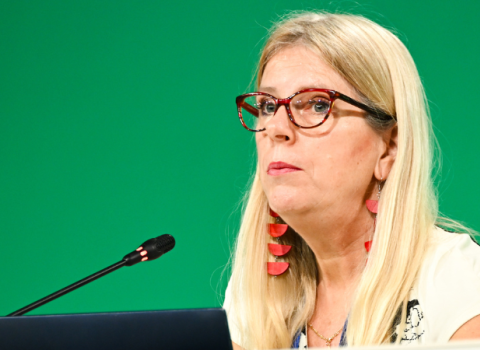
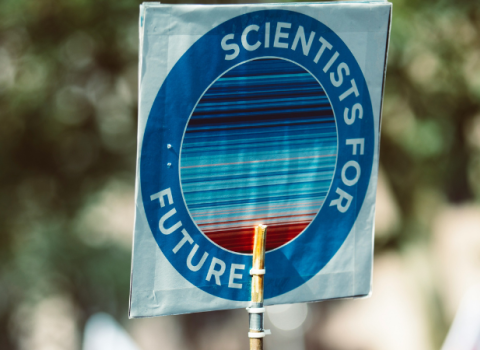
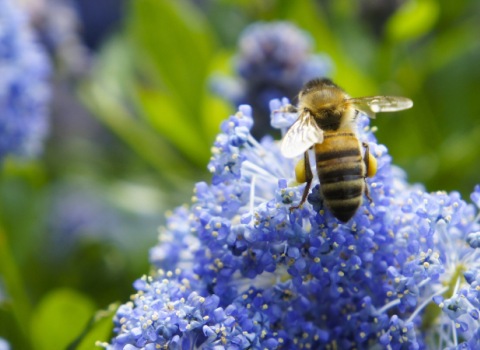
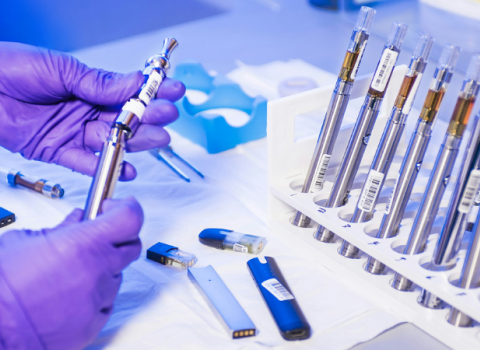

 A unique international forum for public research organisations and companies to connect their external engagement with strategic interests around their R&D system.
A unique international forum for public research organisations and companies to connect their external engagement with strategic interests around their R&D system.